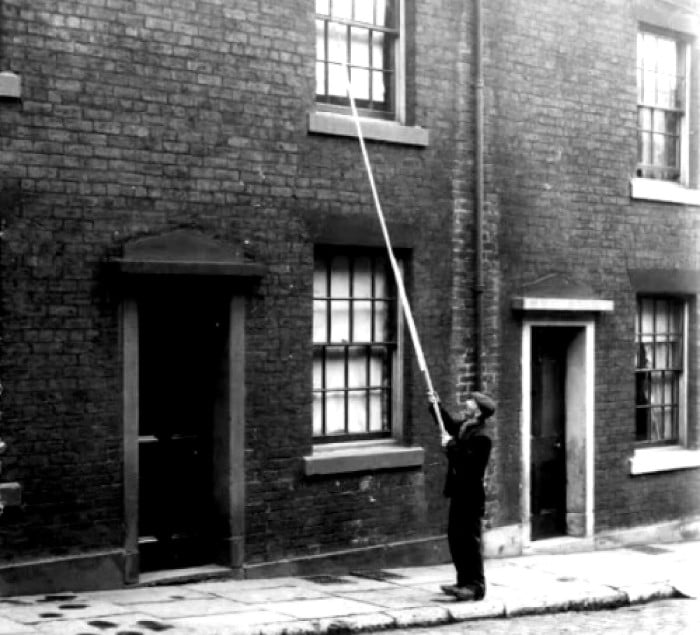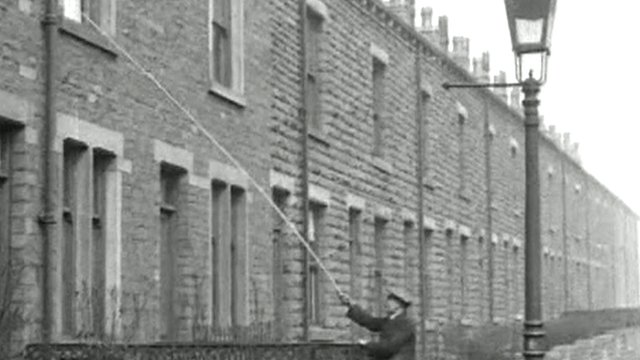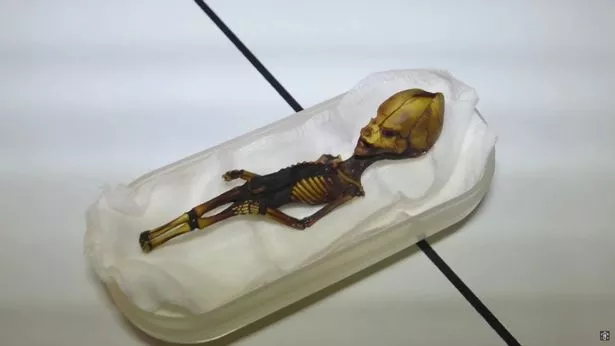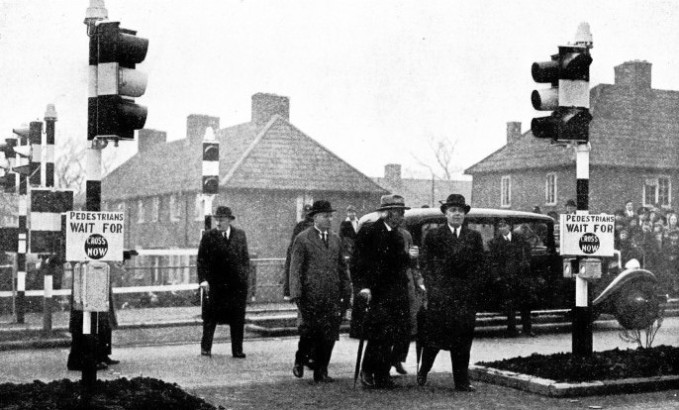The knock-up profession of the 1920s used to wake up workers
Written by Sneh Chaudhry on January 26, 2022
We now use alarm clocks or mobile phone alarms to get us up in the morning, but folks needed to be on time to work before these devices were created. Those who worked as “knocker-uppers” could be found in most major industrial cities.

Knocker-uppers walked about with long sticks, knocking on bedroom windows to ensure that their clients’ workers got out of bed on time.

Knocker-uppers were paid a few pennies each week from their customers, with an additional incentive if they remained at the window, persistently knocking until they were sure the person was up and ready to start their day.
IN DETAIL
A knocker-up, sometimes known as a knocker-upper, was a member of a profession in Britain and Ireland that started during, and lasted well into, the Industrial Revolution when alarm clocks were neither cheap nor reliable. A knocker-up’s job was to rouse sleeping people so they could get to work on time. By the 1940s and 1950s, this profession had died out, although it still continued in some pockets of industrial England until the early 1970s.
The knocker-up used a baton or short, heavy stick to knock on the clients’ doors or a long and light stick, often made of bamboo, to reach windows on higher floors. One 1931 photograph shows a knocker-upper in East London using a pea-shooter. In return for the task, the knocker-up would be paid a few pence a week. Some knocker-uppers would not leave a client’s window until they were sure that the client had been awoken, while others simply tapped several times and then moved on.
A knocker-upper would also use a ‘snuffer outer’ as a tool to rouse the sleeping. This implement was used to put out gas lamps which were lit at dusk and then needed to be extinguished at dawn.
There were large numbers of people carrying out the job, especially in larger industrial towns such as Manchester. Generally, the job was done by elderly men and women but sometimes police constables supplemented their pay by performing the task during early morning patrols.







